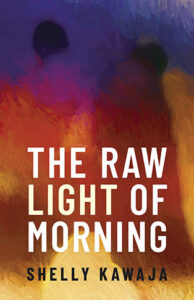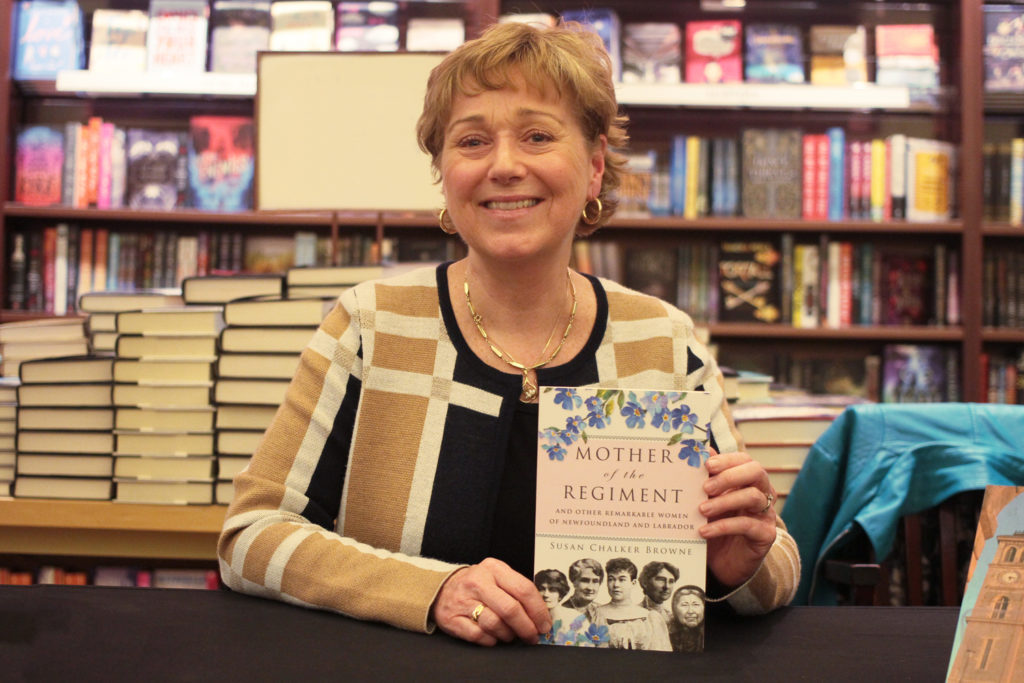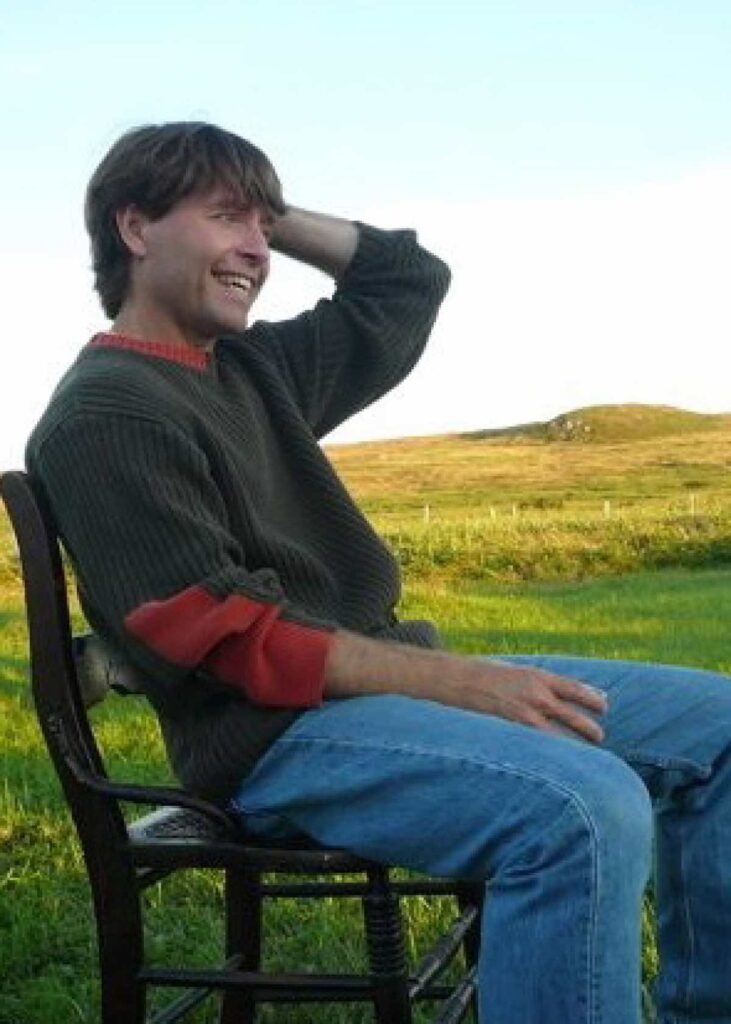Shelly Kawaja: My favourite reading experiences are the most immersive ones. I like to disappear into a story.
January 2023
Can you tell us a little about yourself?
I grew up in Black Duck Siding, a community so remote it doesn’t make the NTV New Year’s Eve ticker tape. I snared my first rabbit when I was four, drank unpasteurized milk until I was ten, and carried my Tame two-in-one down to the river for a bath whenever it was warm enough. Without a doubt, I was a weird and solitary kid. But not unhappy. My father was a logger and a trapper and my mother was an artist. They shared a love of reading that they passed on to me, and as soon as I was able, I wrote. As a kid, I wrote all the time.
Then I grew up and got a job. And another job. And another job. My creative-self sat in a corner while I built a “successful” life. I was in my 30s, working at Memorial University, a PhD student, a wife, and a new mother of two, when I finally noticed how unhappy I was. How I wasn’t “me,” anymore. My life was bound up so tight that I didn’t know how to change one thing, without flipping everything upside down. So, that’s what I did. I left my job, my program, my house on Downing Street in St John’s, and moved back to rural Newfoundland. It wasn’t easy for my family to move out of the city, but it felt necessary, like a rescue of sorts. That was eight years ago, now. I’ve been writing ever since.
What was the genesis of your debut novel?
The original seed of inspiration for that story comes from real life. My father died when I was nine years old and my mother ended up in an abusive relationship. She left that relationship, but the question that stuck with me was, what if she hadn’t? Like so many women out there, what if she hadn’t been able to leave? That’s the situation I created for Laurel, and in The Raw Light of Morning, we get to see what she does when she’s dropped right in the middle of it.

Why set it in this period?
Self-indulgent nostalgia. I’m a child of the 1990s.
I thought your writing was a good example of showing, not telling. How did you keep that in mind as you worked through the narrative?
Thank you for saying that. My favourite reading experiences are the most immersive ones. I like to disappear into a story and experience it, so I guess that’s my goal for my own writing. When there’s a lot of narrative telling, it feels less immersive to me, even when that narrative voice is distinct and edgy, or quicky and fun, or whatever. I wanted to show Laurel’s world as Laurel sees it, but I tried to write at enough of a distance that, rather than share all her thoughts and judgements, the reader has the space to form their own and have their own experience alongside hers. As a rule, I slipped into narrative voice only when it was absolutely necessary to the story, or when it helped move things along.
What is the best piece of advice you’ve been given about writing?
One of the most important things anyone has ever said to me about writing is that it’s a conversation. Thinking about my work conversing with other works makes the whole endeavor feel less lonely, and I take energy from that. I think some of the inspiration to write, and read, comes from a desire to be seen, or to find people who think the same way I do, even if I never really get to know them, or meet them. That conversation; the sharing of stories, of what goes into them and how we write them and read them and experience them, is what it’s all about. It’s a conversation that takes place at a deeper level than what’s normally possible between physical people, like letting our unconscious selves out to play together. That’s a little weird, I know, but as a writer, I get to believe in that and consider myself a part of it. I also get to be weird 🙂
What’s next for you?
Write. Re-write. Repeat. It’s as obvious as the directions on the back of a shampoo bottle.
Shelly Kawaja is the author of The Raw Light of Morning. Her work has appeared in several magazines such as Horseshoe Literary Magazine, The Humber Literary Review, The Dalhousie Review, and PACE. She was longlisted for the Bridge Prize, the Writer’s Alliance of Newfoundland and Labrador’s Fresh Fish Award, and won the GritLIT short fiction contest. Shelly is a creative writing student in the University of British Columbia’s optional residency MFA program, and a graduate of The Humber School for Writers, and Memorial University of Newfoundland. The Raw Light of Morning ($22.95) is available from Breakwater Books.
If you or someone you know is affected by domestic violence, you can find some resources here and here.



